Organic farming is a part of organic agricultural production, using natural food sources, not using genetically modified food, weight gain food, antibiotics, growth stimulants, while ensuring animals have the most comfortable living environment and protecting the ecological environment. In addition, organic farming also contributes to solving the challenges that the world is facing such as epidemics, climate change, water pollution; contributing to biodiversity work, preserving valuable genetic resources.
In fact, the development of industrialization and modernization of agriculture in our country has brought about great achievements in agriculture. However, these achievements of the livestock industry have also led to many consequences such as: livestock waste causing environmental pollution, livestock food sources not ensuring quality in terms of food safety standards. Therefore, the development of organic agriculture in general and organic livestock in particular has become an urgent issue, especially at a time when Vietnam is deeply integrating with the international community.
In Vietnam, according to the announcement of the Ministry of Agriculture and Rural Development (MARD), the rate of organic livestock products is from 1% to 2% compared to the total livestock products. Potential livestock products, certified organic and prioritized such as milk, honey, bird's nest, livestock meat, poultry.
The chicken farm of Mr. Nguyen Nang Cuong, Thanh Hiep Hamlet, Thanh Dong Commune, Tan Chau District has an area of 2.4 hectares, with a scale of about 9,000 chickens. He currently raises the Luong Hue- Hai Phong chicken breed. The breeding area is located in a high, well-drained place; the barn is designed to ensure air circulation and direct contact with natural light, convenient for eating, drinking, and moving the chickens. During the breeding process, he regularly disinfects and takes measures to prevent diseases to maintain good health for the chickens.
Mr. Cuong takes care of the chickens.
“When mixing feed, I increase the proportion of corn so the meat quality is better. In addition, I also take advantage of agricultural by-products, locally available feed such as corn, bran... fermented with probiotics, thereby helping to strengthen the digestive system, increase resistance, limit diseases, and reduce livestock costs,” said Mr. Cuong.
However, according to Mr. Cuong, organic farming is still a new form, there are many criteria that need to be followed, the production cost is high so the price will be higher than traditional farming, therefore, farmers are still concerned about the output issue. He hopes that the relevant authorities will widely propagate and popularize organic farming; at the same time, support trade promotion, product promotion, production - consumption linkage of organic farming products, thereby creating favorable conditions for this form of farming to develop sustainably.
According to Dr. Nguyen Van Bac - Deputy Head of the Standing Office in the South, National Agricultural Extension Center, organic livestock farming is one of the policies of the Ministry of Agriculture and Rural Development, especially in recent years, there have been standards on organic livestock farming. Tay Ninh is identified by the Ministry of Agriculture and Rural Development as one of the key livestock farming areas of the country. In the near future, the province will have many safe livestock farming facilities at the district level and possibly at the provincial level. This is a favorable condition for the province's livestock industry to develop or export livestock products to the world market.
The farm regularly takes disease prevention measures to maintain good health for the chicken flock.
“In Tay Ninh, there are currently many businesses investing in organic farming, such as Vinamilk's Ben Cau dairy farm, or farms that raise livestock according to Halal standards to export products. Many businesses such as Hung Nhon Group in collaboration with De Heus... are implementing these projects. In addition, household livestock farming in Tay Ninh is still quite large, and this is also one of the very important food suppliers for the province. Every year, the National Agricultural Extension Center has projects, training programs, and coaching on organic livestock farming, thereby helping livestock farming households in Tay Ninh to implement it in the best way in the coming time" - Dr. Nguyen Van Bac said.
Some of the main standards in organic farming that facilities and farms need to pay attention to include: the area designated for organic farming must have boundaries and a transition time appropriate for each type of livestock; regarding breeds, encourage native breeds taken from organic breeding facilities; limit the use of animal-based foods such as fish meal and meat meal; encourage the use of plant-based foods; do not use stimulants in food, and do not use genetically modified foods.
Another very important factor in organic farming is that farms must meet animal welfare requirements, encouraging farming that ensures the habits and instincts of livestock, such as chickens must have roosting floors and scratching areas; newly mated pigs should be raised in groups rather than individually in cages... Farmers should refer to Vietnam's organic farming standards, or through the Agricultural Extension Center, units in the agricultural sector to visit, learn from experience, understand the standards and requirements for organic farming and gradually apply them at their facilities.
Dr. Nguyen Van Bac shared: “It can be said that organic farming is currently a fairly new issue, so the first challenge is awareness - awareness for managers and farmers. Therefore, first of all, it is necessary to strengthen propaganda work. Agricultural Extension Centers need to increase the implementation of organic farming models for farmers to visit and learn. Policies and guidelines also need to be supplemented and improved to be closer to reality, from which the model can be replicated.
Livestock farming in general and organic farming in particular is an industry that requires stability in terms of land and planning. Therefore, local authorities also need to have plans for livestock farming. In addition, because this is a new product, it is necessary to create chains of links from production to consumers, so that this product is truly effective and stable.
Truc Ly
According to the Department of Agriculture and Rural Development, in recent times, the livestock structure in the province has continued to shift from small-scale farming to concentrated farm-scale farming, ensuring biosafety. As of the first 6 months of the year, the province had over 460 livestock and poultry farms and 81 livestock facilities granted VietGAHP certificates; Duong Minh Chau and Tan Chau districts were certified as disease-free zones for avian influenza and Newcastle disease in chickens, and 71 chicken, pig and cow farms were granted disease-free certificates.
In addition, 6 communes in Go Dau district were certified as disease-free establishments for avian influenza and Newcastle disease in chickens; 9 communes in Ben Cau district were certified as disease-free establishments for foot-and-mouth disease in cattle.
Source: https://baotayninh.vn/huong-toi-mot-nen-nong-nghiep-an-toan-ben-vung-a176504.html


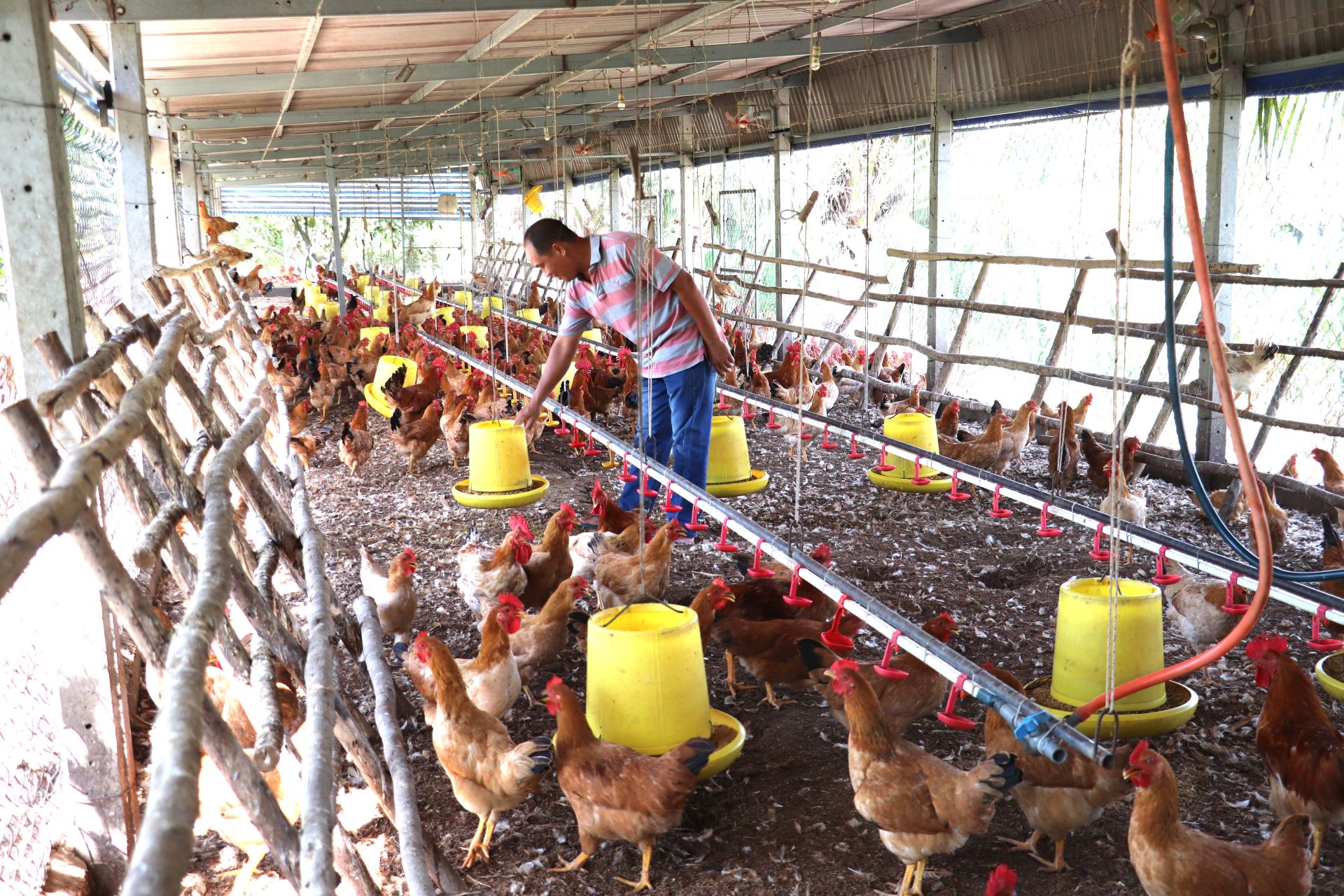
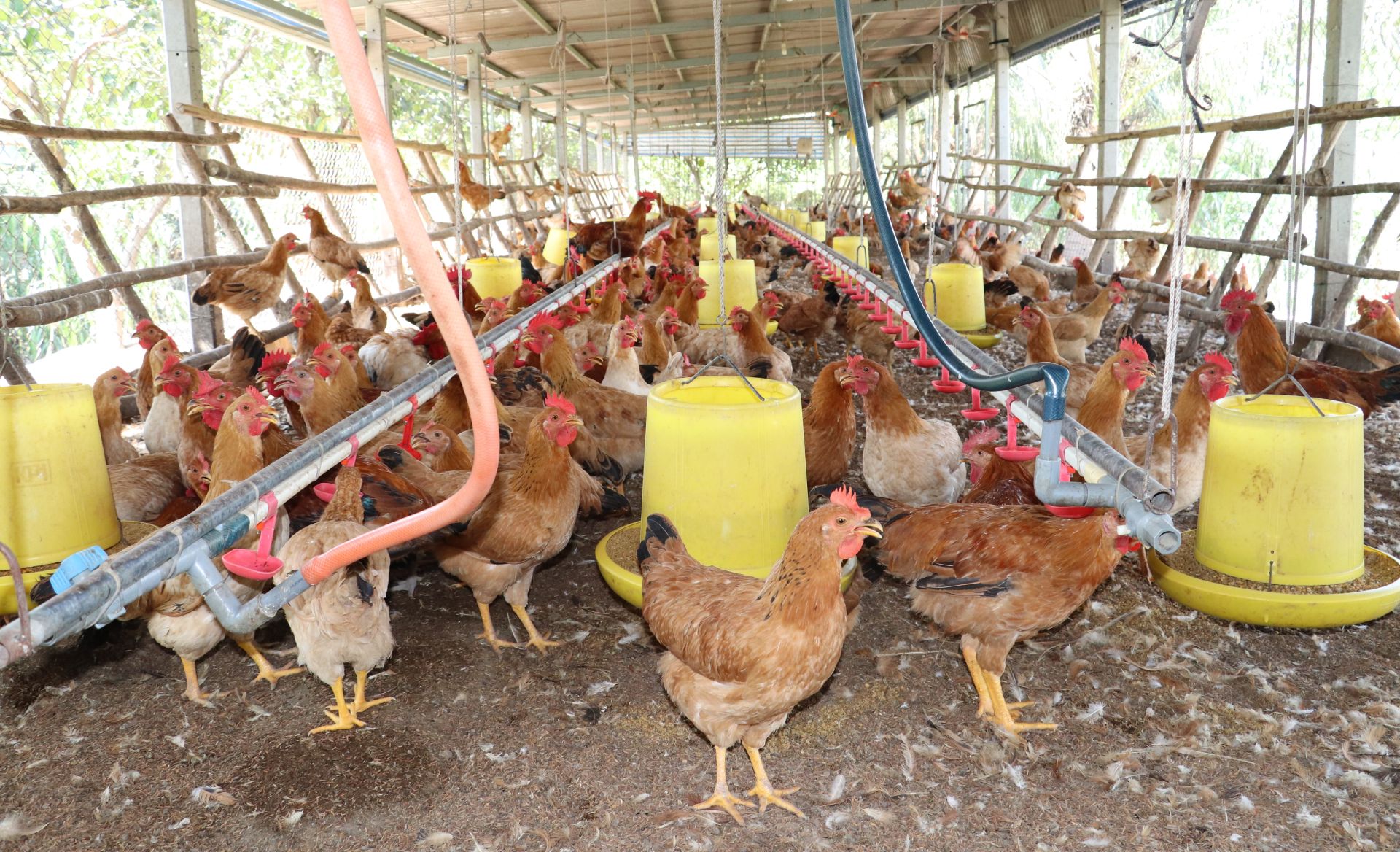

![[Photo] General Secretary To Lam chairs a working session with the Central Internal Affairs Commission](https://vphoto.vietnam.vn/thumb/1200x675/vietnam/resource/IMAGE/2025/5/22/3b7790f499da45b2803d8ae253207ef1)
![[Photo] Prime Minister Pham Minh Chinh chairs meeting on draft Resolution of National Assembly on International Financial Center in Vietnam](https://vphoto.vietnam.vn/thumb/1200x675/vietnam/resource/IMAGE/2025/5/22/d398664ff1a140629169ea5a24e1b4d0)
![[Photo] T&T 1 and Ho Chi Minh City 1 People's Police Teams won the men's and women's team championships](https://vphoto.vietnam.vn/thumb/1200x675/vietnam/resource/IMAGE/2025/5/22/39db06ae67cb4001b7a556e8d9a56d07)
![[Photo] Press delegation meeting to visit Truong Sa and DK1 Platform](https://vphoto.vietnam.vn/thumb/1200x675/vietnam/resource/IMAGE/2025/5/22/6b8d232877ec421a9e8187d83b9f8006)

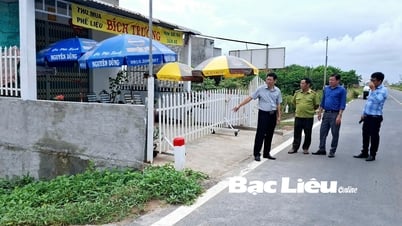
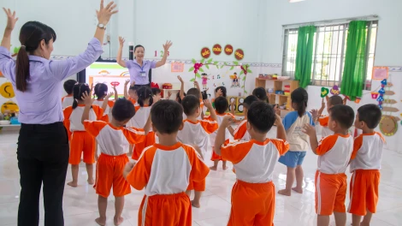


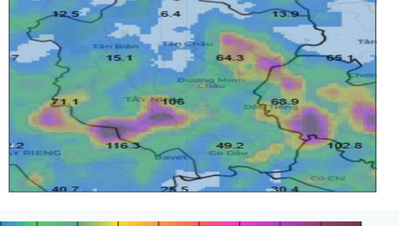
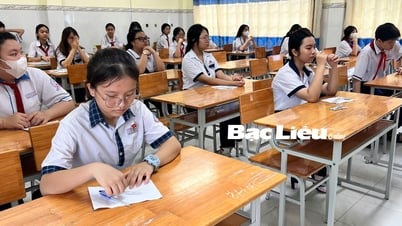
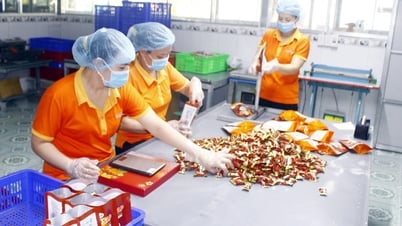









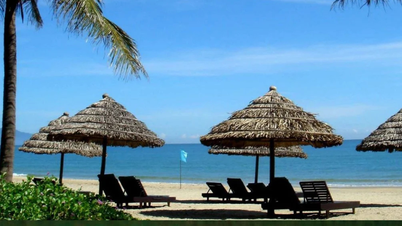
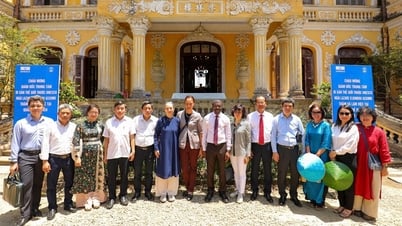









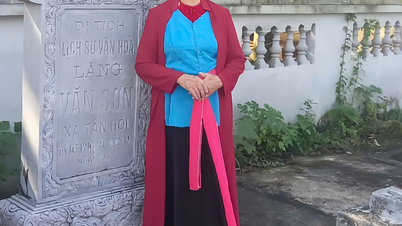













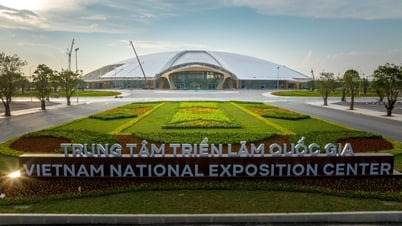













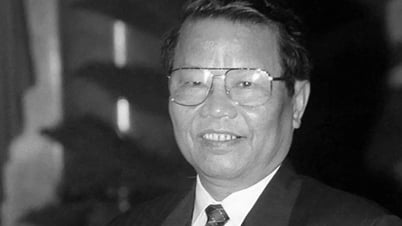

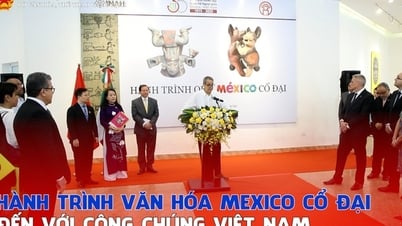


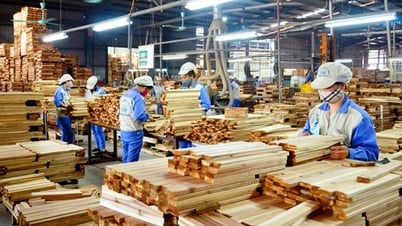






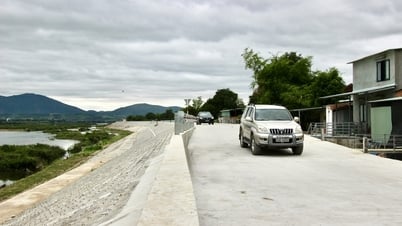







![[Podcast] Week introducing more than 500 OCOP products in Hanoi](https://vphoto.vietnam.vn/thumb/402x226/vietnam/resource/IMAGE/2025/5/22/d144aac2416744718388dbae3260e7fd)





Comment (0)